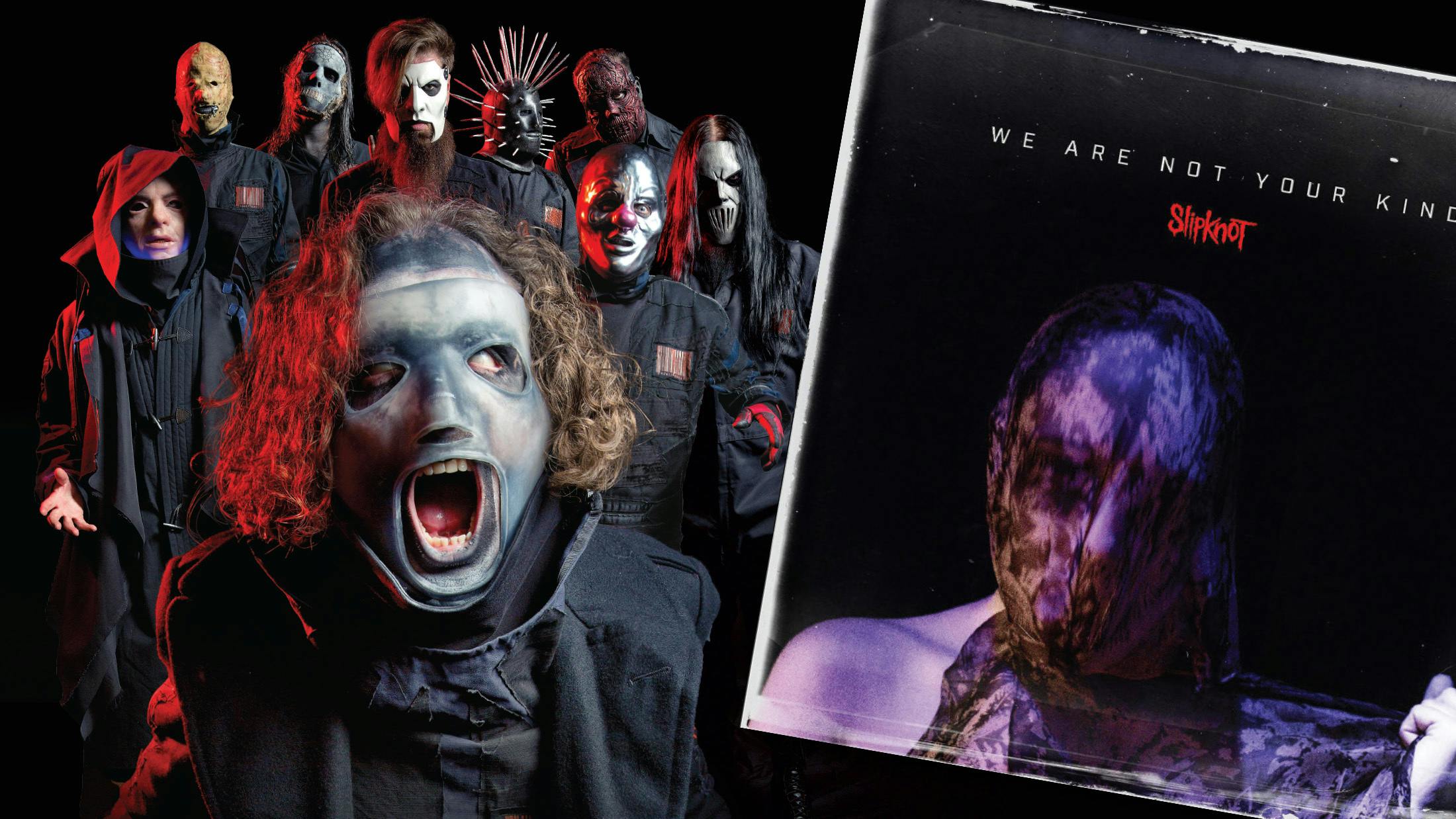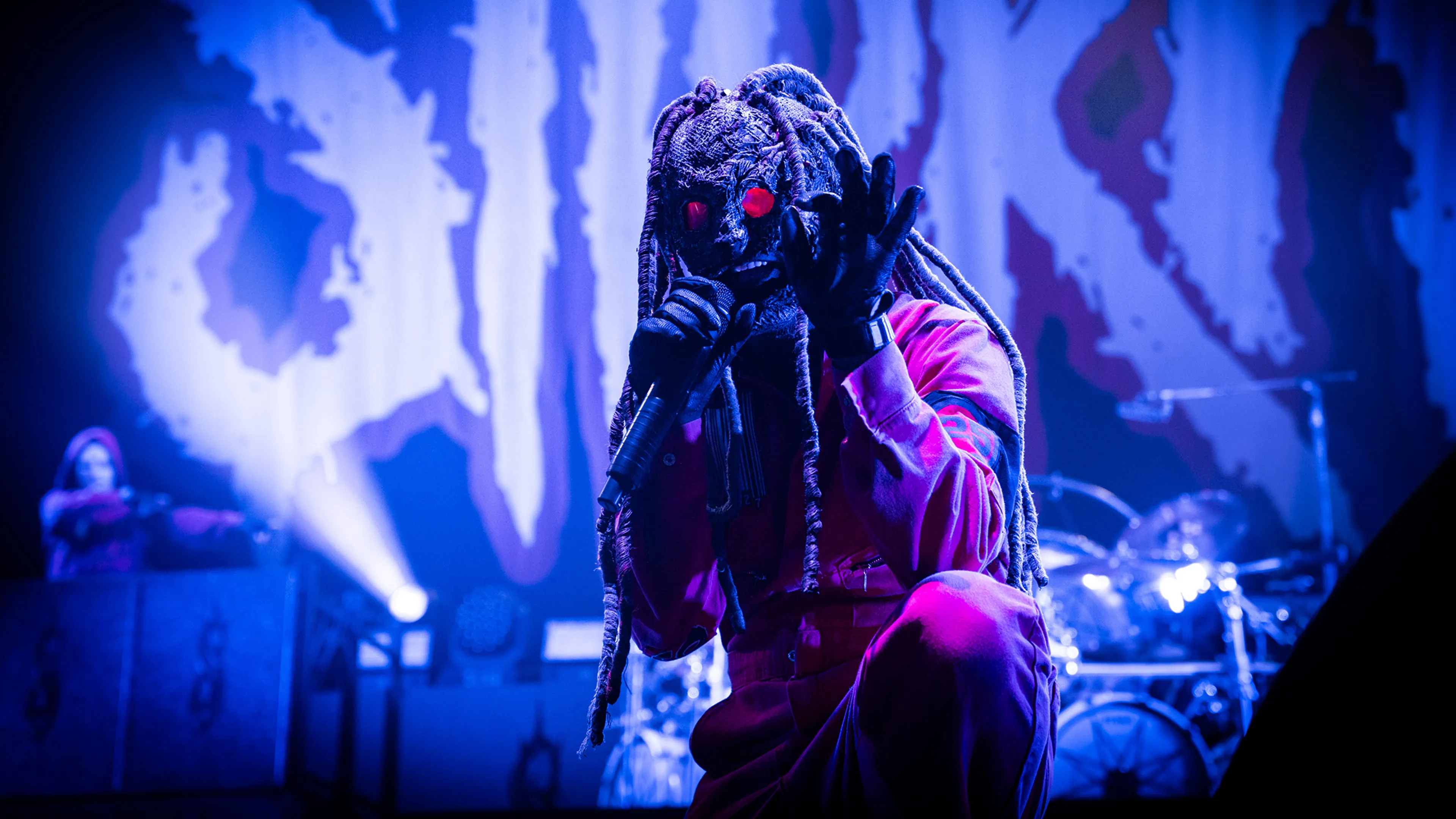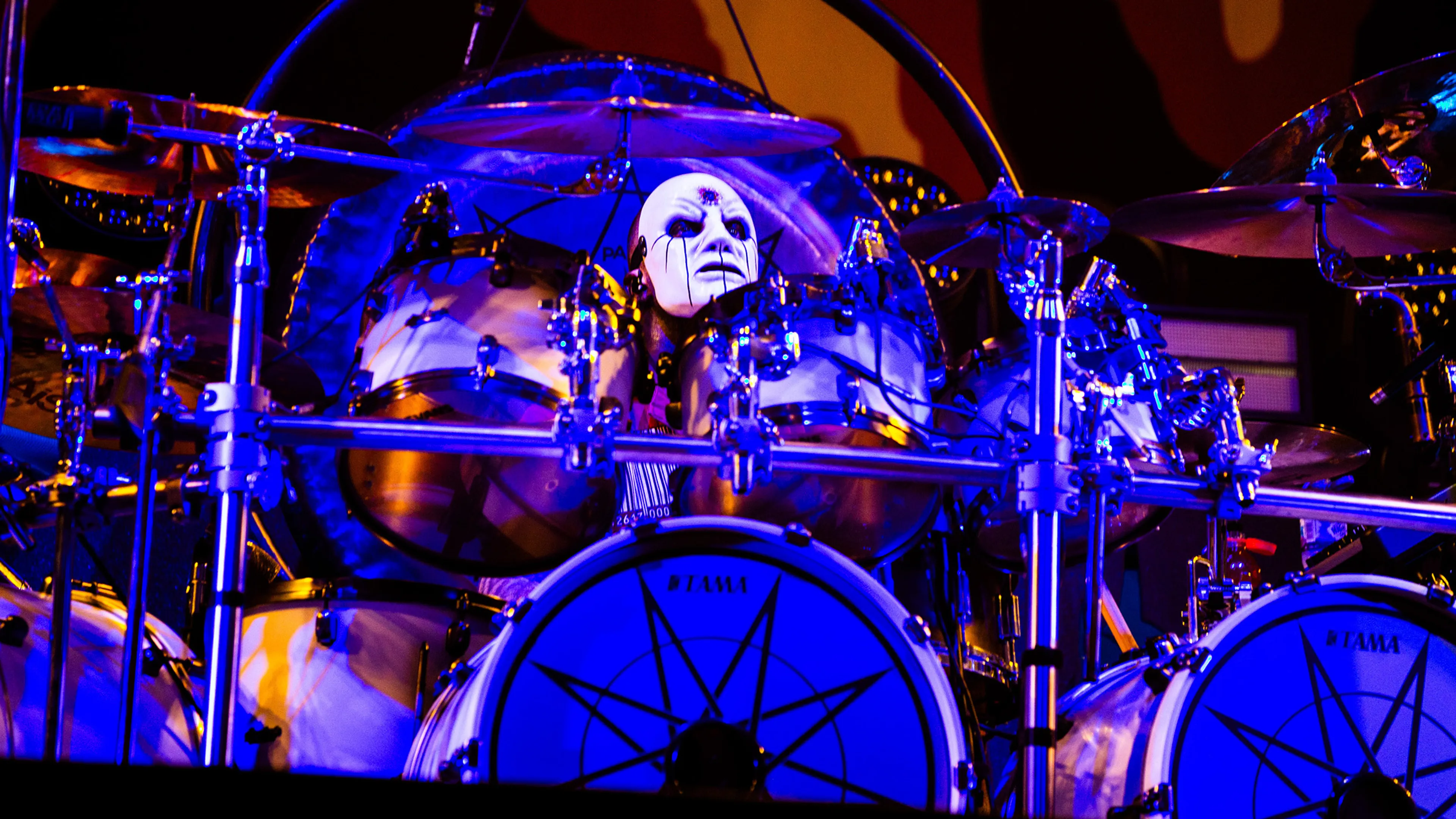The process put the Slipknot unit in a refreshing and dominating new position, but it took its toll on the frontman. As Corey purged mental demons while also coming to terms with a 2017 divorce, recording the 14 tracks that make up We Are Not Your Kind left him “emotionally spent and physically drained”. He had previously told Kerrang! ahead of the band’s studio time that the album would reach the same heavy wavelength as Slipknot’s iconic 2001 second album Iowa (these words irritatingly ended up following him around), and while this could be clearly heard in the literal sense, there was also a potent emotional weight in the likes of the wounded A Liar’s Funeral and the extreme vulnerability of My Pain.
Of course, the breathtaking ferocity in the likes of Red Flag and Orphan delivered more than enough Maggot-pleasing brutality within the album’s hour-plus running time, but even more gratifying was the sound of Slipknot rediscovering a long-lost sense of musical abandon. Clown was given the floor to take dark and twisted left-turns throughout We Are Not Your Kind’s many brilliant segues, while on album closer Solway Firth, Corey added an English folk twang to his vocals for the first time in his recording career. “Clown was just fucking over the moon,” the vocalist later grinned. “He was like, ‘Dude, that’s my favourite thing you’ve ever done.’”
READ THIS: How well do you know Slipknot's lyrics?
Elsewhere, Slipknot almost went borderline pop on the choruses of Nero Forte and Critical Darling, while enlisting a choir on lead single Unsainted, and bringing back samples reminiscent of their very early days on the ominous, industrial Birth Of The Cruel. It all made for the most energised Slipknot album in over a decade, and a reminder that, for all the hype that came before its release, Slipknot say what they mean, and they mean what they say.
Crucially, too, it also opened up Slipknot to a whole new audience, while also keeping their diehard contingent happy. No mean feat for a band now 20 years into their career.
“The cool thing about this band is that every album has a generation of a group of the fanbase where that’s their Slipknot album,” Corey tells Kerrang! today. “It happened with All Hope Is Gone [2008], it happened with Vol. 3: (The Subliminal Verses) [2004], and it happened with this. It’s cool to watch all of those factions really debate everything. For that album to [go to Number One in the UK album charts] showed me that we’re still growing and we’re expanding past a place we didn’t even realise.”
We Are Not Your Kind is emphatic proof that Slipknot are indeed still growing. And, to go back to Clown’s words back in December last year, we still have no idea what’s coming next.








